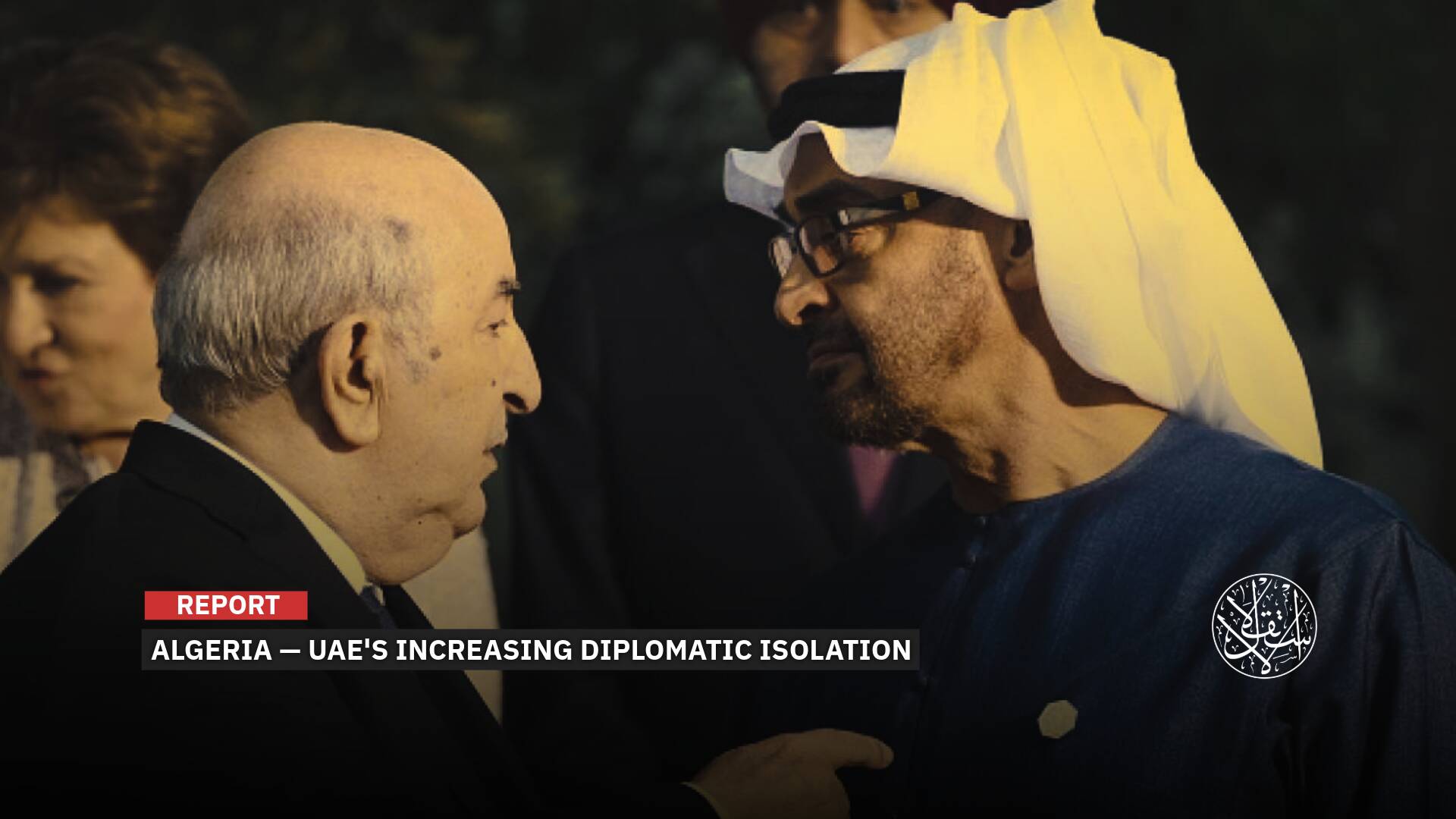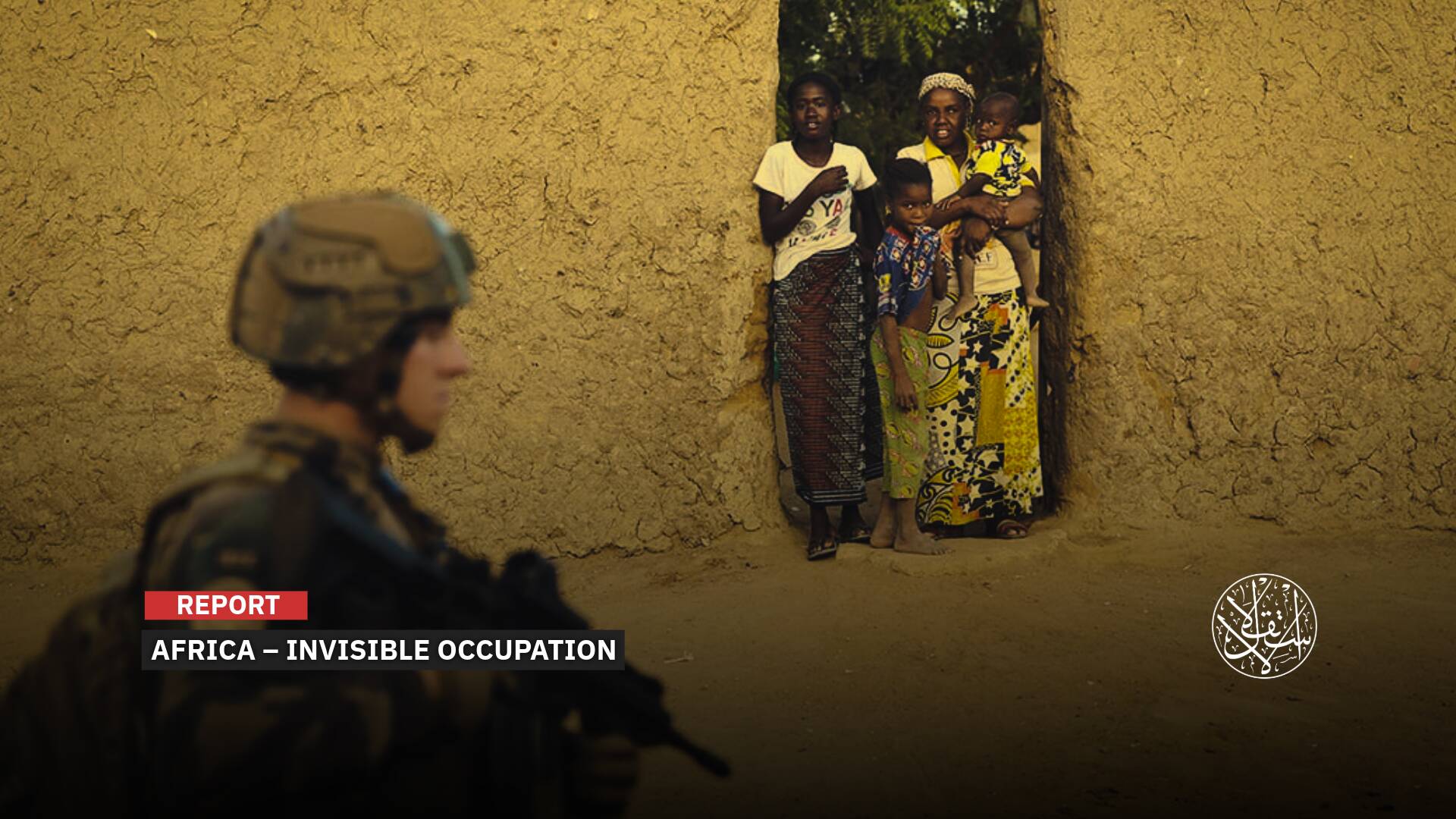How Did a Single French Company Cause International Environmental Disasters?

A French investigative group, Disclose, has uncovered a hidden environmental catastrophe in Texas, a city of more than 420,000 people, where a subsidiary of the French energy giant Total Energy operates hundreds of shale gas wells that contaminate the air and water with hazardous chemicals.
The report, based on interviews, documents, and scientific data, reveals that Total Energy, through its American arm TEP Barnett, has drilled about 1,700 wells in Texas, including 181 in Arlington and four more awaiting approval.
Many of these wells are located near homes and schools, exposing residents to the risks of hydraulic fracturing, or fracking, a process that involves pumping water mixed with chemicals at high pressure to crack the gas-bearing rocks underground.
The fracking fluid can seep into the groundwater, polluting the drinking water sources, while the gas can leak into the air, creating a foul odor and causing health problems such as headaches, nausea, and respiratory infections.
The gas is also more than 80 times more potent than carbon dioxide as a greenhouse gas, contributing to global warming.
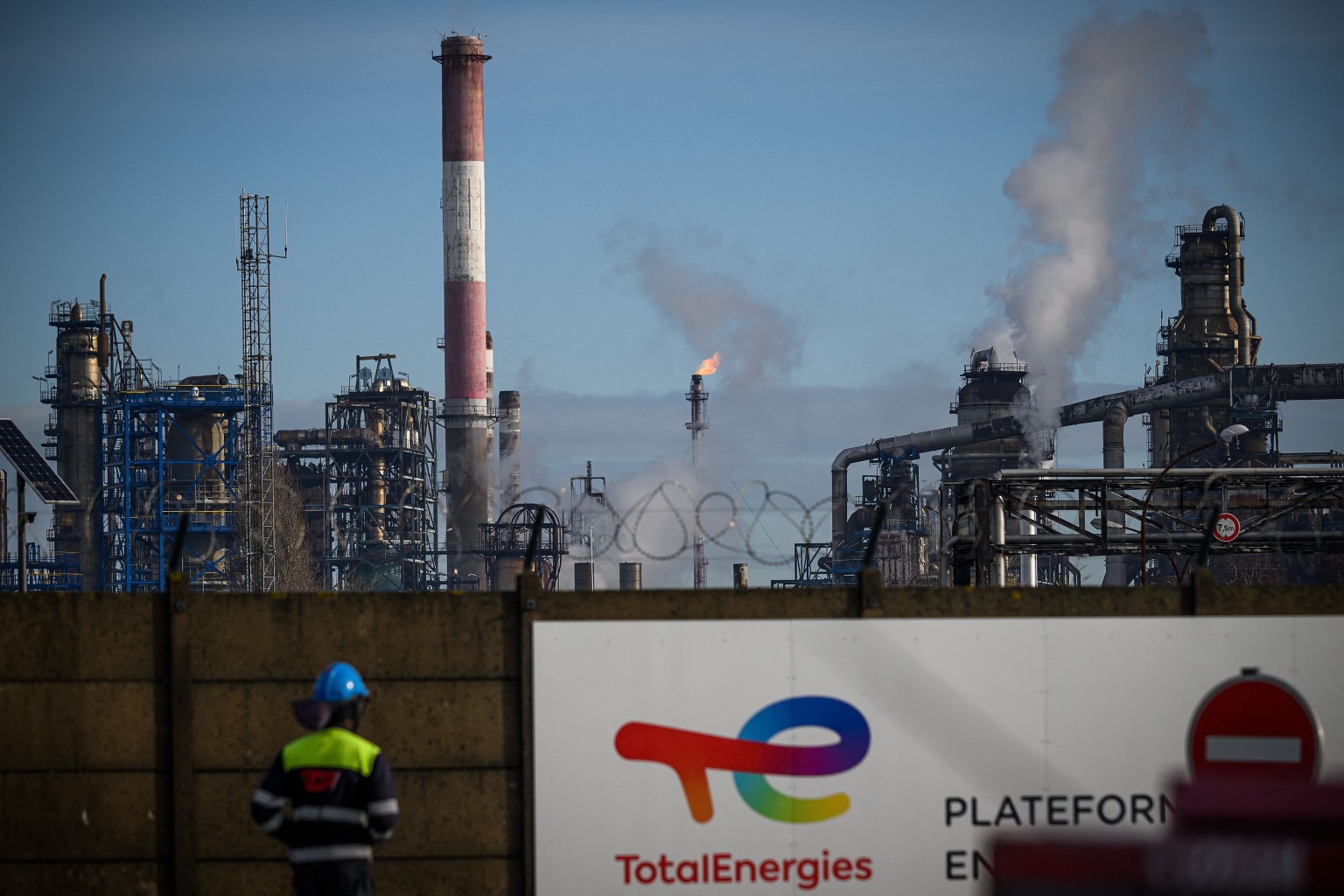
Greenwashing Propaganda
The investigation, led by journalist Alexander Abdelilah, who visited Arlington and experienced the effects of the gas leaks firsthand, exposes the dark side of Total Energy’s activities around the world, where it has been accused of causing environmental damage and human rights violations in Africa, Asia, and the Arctic.
The company, which is one of the largest producers and consumers of natural gas in Europe, has been trying to portray itself as a leader in green energy, but the report shows that it is engaging in what critics call “greenwashing,” or misleading the public about its environmental impact.
France, which banned fracking in 2011 due to its environmental and social risks, has been importing shale gas from the United States since 2016, mainly from Texas.
The gas is shipped as liquefied natural gas, or LNG, which is marketed as a “transitional” and “clean” energy source, but the report challenges this claim, citing the high emissions and pollution associated with its production and transportation.
According to the report, France’s imports of American LNG increased by 3.5 times between 2021 and 2022, according to U.S. data, driven by the rising demand for gas after the conflict in Ukraine.
The shale gas boom in Texas poses a threat not only to the environment and health of the local communities but also to their safety and security, as the fracking activities can trigger earthquakes and explosions that could devastate entire neighborhoods and kill thousands of people.
The report calls for more regulation and oversight of the gas industry, as well as more transparency and accountability from Total Energy and the French government.
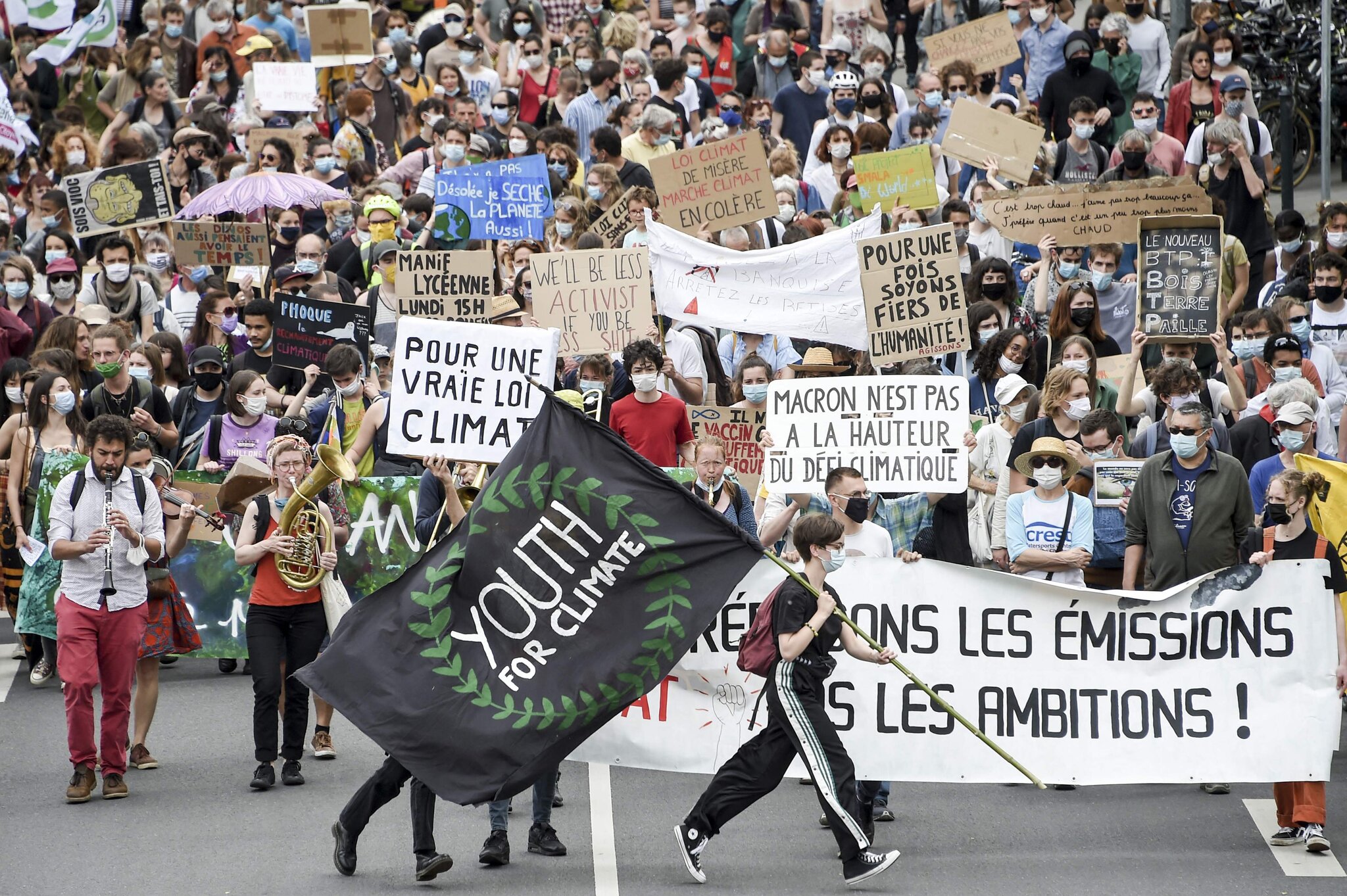
African Pollution
As Total Energy pursues its ambitious plan to build the world’s largest heated oil pipeline from Uganda to Tanzania, the environmental and social costs of the project are mounting.
The French company, which has been extracting oil from Lake Albert in western Uganda since 2006, claims that the pipeline will bring economic benefits and energy security to the region.
However, critics say that the project will unleash a massive carbon bomb and destroy the livelihoods of thousands of farmers.
The pipeline, which will stretch for nearly 1400 kilometers across the two countries, will require constant heating to 50 degrees Celsius to keep the oil flowing.
This will generate about 33 million tons of carbon dioxide per year — six times the annual emissions of Uganda.
Moreover, the total emissions from the production, transport, and refining of the 200,000 barrels of oil that Total Energy produces daily from Uganda’s fields will amount to 379 million tons over 25 years, or 25 times the combined emissions of Uganda and Tanzania.
The project will also threaten the rich biodiversity of the area, as the pipeline will cut through about 2,000 square kilometers of protected wildlife habitats, including wetlands that are covered by the Ramsar International Convention.
According to a report by the EACOP environmental protection organization, the pipeline will endanger the survival of endangered species such as elephants, lions, chimpanzees, and giraffes.
To deflect criticism, Total Energy has engaged in what is known as “greenwashing,” or funding environmental projects to mask its ecological crimes.
One such project is the planting of millions of acacia trees on 40,000 hectares of land in Congo, which the company says will offset “10 million tons of carbon dioxide” over 20 years.
However, a previous investigation by the website Mediapart revealed that the land was taken away from local farmers who depended on it for their food and income.
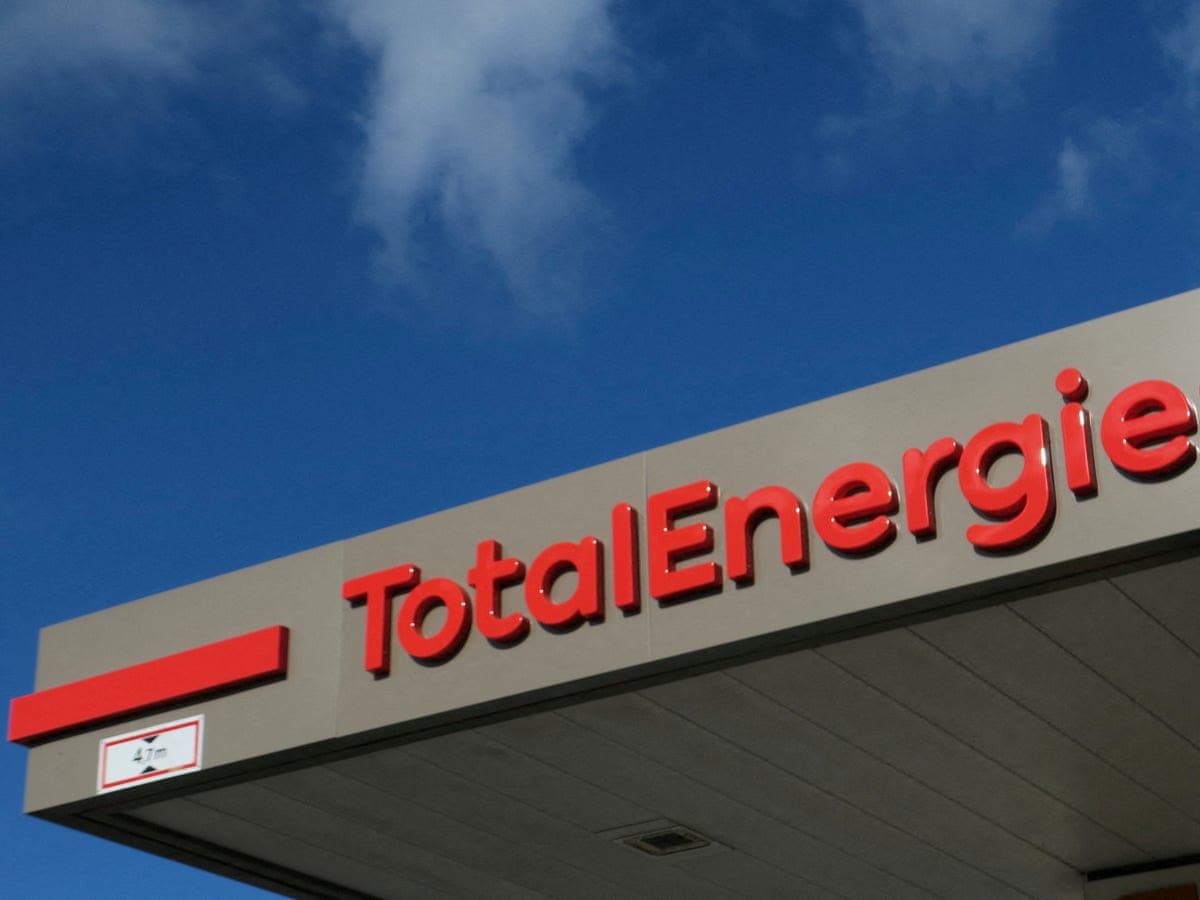
Arctic Gas Reserves
Total’s ambitious plan to tap into the Arctic’s vast gas reserves is facing scrutiny from a watchdog group that claims it poses a grave threat to the environment and the planet.
Total Energy, one of the world’s largest oil and gas companies, is pursuing a 26-billion-euro project to extract and liquefy natural gas from the frozen continent, which holds 30% of the world’s gas resources.
The project, which aims to produce 16 to 18 million tons of liquefied gas per year, is one of the most complex and costly endeavors in the industry.
However, according to a report by Mediapart, the project is also one of the most dangerous, as it will have a devastating impact on the climate and the fragile Arctic ecosystem.
The natural conditions in the Arctic require more energy to liquefy the gas, resulting in double the emissions of greenhouse gases.
Moreover, the drilling activities will release methane gas trapped inside the ice layers, which is 28 times more potent than carbon dioxide in warming the atmosphere.
The report also warns that the construction of buildings and infrastructure on the Arctic will reduce its albedo, or the ability to reflect sunlight back to space, which will accelerate the melting of the polar ice.
Total, however, has defended its project as a contribution to preserving the natural diversity of the Arctic.
To defend its position, it has published a document that outlines its environmental and social commitments, such as minimizing its footprint, protecting wildlife, and engaging with local communities.
But Mediapart has dismissed this document as a “greenwashing” attempt to conceal the “systematic poisoning” that the company is inflicting on the planet.


